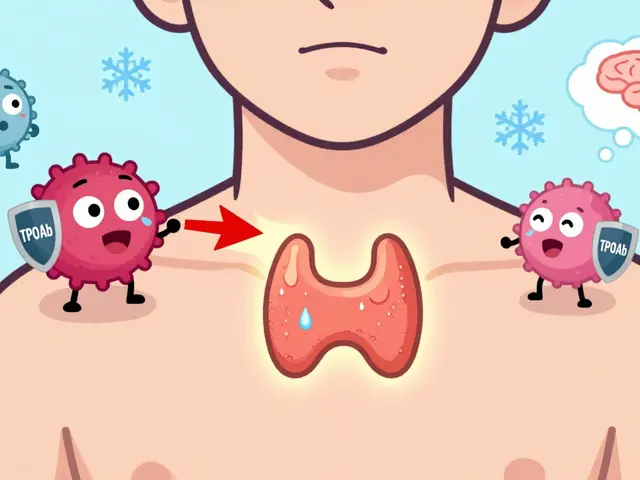Veterinary Medicine: Practical Guides for Every Pet Owner
If you’ve ever wondered which pill is safe for your dog or how to read a cat’s prescription label, you’re in the right place. This page gathers the most useful info on veterinary medicine so you can make quick, confident decisions about your pet’s health.
Common Vet Drugs and When They’re Used
We cover the basics of the drugs you’ll see at a vet clinic – from pain relievers like carprofen to heart medications such as enalapril. Each entry tells you what the drug treats, typical dosage ranges for dogs or cats, and red‑flag side effects that need immediate attention.
For example, if your dog is prescribed meloxicam, the standard dose is 0.1 mg per kilogram once a day. Watch for vomiting or loss of appetite; those could signal an overdose. Knowing these details helps you spot problems early and talk to your vet with confidence.
Safety Tips & Best Practices
Never give human meds to pets unless a vet says it’s okay – even something as simple as ibuprofen can cause serious kidney damage in cats. Store all pet medicines out of reach, just like you would keep household cleaners away from children.
When filling a prescription online, choose a licensed pharmacy that requires a valid veterinary invoice. Our guide on “How to Buy Veterinary Medicine Safely Online” walks you through checking the pharmacy’s credentials and spotting counterfeit products.
If you miss a dose, don’t double‑up. Give the missed pill as soon as you remember, unless it’s almost time for the next one; then just skip the missed dose and continue normally. Consistency is key to keeping chronic conditions under control.
We also answer common questions: Should I give my senior dog a joint supplement? Yes, but pick products with proven ingredients like glucosamine and chondroitin, and confirm the dosage with your vet.
Thinking about natural remedies? Some owners try fish oil for skin health. While many see improvements, remember that quality varies widely; stick to brands that list EPA/DHA levels and have third‑party testing.
Finally, keep a pet medication log. Write down the drug name, start date, dosage, and any side effects you notice. This record makes vet visits smoother and helps catch issues before they become emergencies.
Use this page as your quick reference hub – whether you’re looking up an anti‑parasitic tablet, a heartworm preventative, or advice on handling accidental poisonings. The more you know, the better you can protect the furry members of your family.

Griseofulvin in Veterinary Medicine: Treating Livestock and Farm Animals
In my latest research, I've delved into the use of Griseofulvin in veterinary medicine, specifically for treating livestock and farm animals. This antifungal medication is primarily used to combat ringworm and other fungal infections, which can greatly impact the health of our farm animals. It's appealing due to its ability to penetrate the keratin of hair and skin, effectively eliminating the infection. However, it's crucial to administer it correctly, as misuse can lead to side effects. Overall, Griseofulvin is a powerful tool for farmers and veterinarians in maintaining the health of their livestock.





